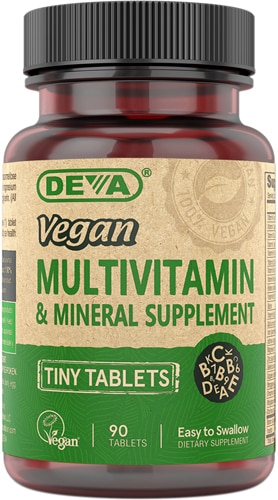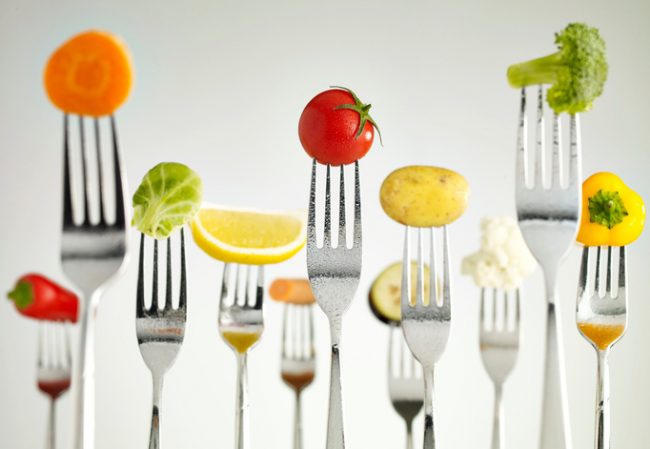If you love animals – or just want to boost your health – you've probably considered making the transition to a vegan diet.
Simply put, a vegan does not eat or use animal-based foods and products. This cutting-edge lifestyle once appealed only to a fringe few, but now has gone mainstream.
What is vegan?
A vegan lifestyle offers several nutritional benefits, says Jill Nussinow, a Santa Rosa, California-based registered dietitian nutritionist who is a vegan and is popularly known as "The Veggie Queen."
"Eating more vegetables, fruit, whole grains, beans, and nuts and seeds will benefit almost everyone who wants to improve their health," she says.
Is a vegan diet healthy?
A vegan diet is rich in antioxidants and phytochemicals, Nussinow says. Antioxidants are natural substances that help prevent damage to the cells in your body. Phytochemicals are biologically active compounds found in plants. They are thought to play a role in preventing disease, one of the health benefits of a vegan diet.
A vegan diet may benefit heart health and other body systems; vegans consume foods with a lot of fiber, which helps digestive health and has been linked to a reduced risk of heart disease, cancer and diabetes.
Eating a vegan diet can "make you feel great," Nussinow says. A vegan diet also offers another unexpected benefit.
"What is more surprising for many is that they lose weight easily even when they are eating larger amounts of lower caloric density food," Nussinow says.
Challenges of going vegan
Nussinow acknowledges it can be challenging to switch to a vegan diet unless you feel a strong incentive to do so.
"The number one reason that most people switch is due to poor health, which is quite motivating," she says.
If boosting your health does not inspire you, there are other good reasons to choose a vegan lifestyle, Nussinow says.
"People realize that eating animals and animal products might be detrimental for reasons ranging from ethical to environmental," she says.
However, switching over to a vegan diet should be a slow, careful process.
Many experts have pointed out that giving up animal products can leave the body deprived of important nutrients, including vitamin B12, omega-3 fatty acids and minerals such as calcium, iodine, iron, selenium and zinc.
"Some people just want to cut out the meat and dairy, but then find themselves trying to live solely on vegetables and fruit, which can lead to nutritional deficiencies," Nussinow says.
While such deficiencies rarely occur, it is important to consult a registered dietitian or read a book on veganism before making the switch, she says.
"I definitely recommend that people do it with proper guidance," Nussinow says.
You can also seek out a well-respected program that helps you transition to a vegan diet. Nussinow cites the Physician's Committee for Responsible Medicine's 21-Day Vegan Kickstart program as one example.
Some experts also recommend taking vegan supplements that can supply you with the nutrients missing in a plant-based diet.
Myths about a vegan lifestyle
Alas, several myths keep many people from trying a vegan lifestyle, Nussinow says. The biggest of these is the mistaken notion that vegan fare will leave you feeling hungry.
"You can eat a much larger volume of food on a vegan diet, so there is no need to go hungry," she says.
In addition, many people falsely believe switching to a vegan diet means sacrificing many of their favorite foods. "These days, there is a vegan version of almost every food," Nussinow says.
For example, she says eating foods such as dairy-free cheese, ice cream, burgers and meatballs that look like meat "is possible, and not that difficult" – although she adds that such choices are not the most healthful.
In fact, simply switching to all-vegan foods is not necessarily a surefire way to improve your health. You still have to make the right food choices, Nussinow says.
"Plant-based (eating) is eating plants of any kind which – strangely enough – might include Oreos, potato or corn chips, and other vegan junk food," she says.
Believing you can eat anything vegan and get good results is yet another myth, Nussinow says.
"There are many versions of 'vegan' and 'plant-based,'" she says. "Not all (are) based on healthier eating, sorry to say."
Hungry for vegan fare? Check out our vegan recipe cookbook!




